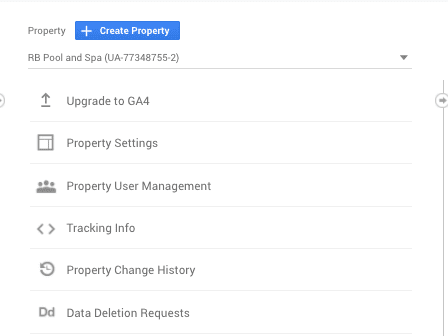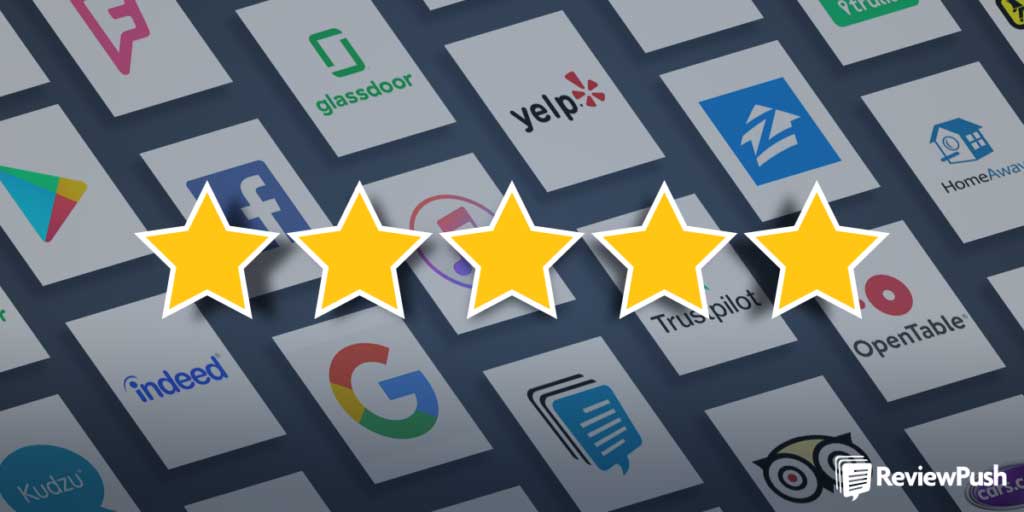
Webinar: 2022 Planning: How to Develop a Strategy that Aligns with your Business Goals
Webinar: 2022 Planning: How to Develop a Strategy that Aligns with your Business Goals

Written By
It’s often been said that failing to plan is planning to fail. This adage holds especially true in this current landscape of supply chain issues affecting most every sector, labor shortages, and an ever-changing social media environment.
Watch the 2022 Planning: How to Develop a Strategy that Aligns with your Business Goals Webinar led by Paul Ferguson, Steve Pepe, Tim Walters, Christine Miles, and Rajat Kapur
Watch our webinar to discover planning strategies for the coming year that align with your business goals while learning how to keep an eye on the ever-changing landscape and reinforcing proven business fundamentals.
In this information packed session, our team of experts discussed how to:
- Discover real pervasive market needs in contrast to ‘one-off’ customer requests that can steal efficiencies in your business.
- Learn how data can be fully leveraged to be a foundation for modern digital marketing and sales.
- Garner the power of dynamic websites and the need for SEO that delivers high quality content that provides an influential community for your business.
- Understand the importance of creating plans for long-term goals while acknowledging intermediate milestones achieved through a number of short-term activities.
- Revisit the age-old pillars of listening to customers, asking the right questions, and knowing when to scale your team to achieve maximum results.
About Paul Ferguson
Marketing Director Paul Ferguson helps clients develop fully integrated marketing solutions that make impressions and drive results. Whether it be design-oriented campaigns or digital market execution, Paul skillfully creates strategies to effectively reach client’s desired audiences.
About Steve Pepe
Steven Pepe is a marketing expert who has studied more than 30 audiences over his marketing career. From pumpjacks to ultrasounds, his focus is on communicating value propositions that resonate for the B2B customer. He is the Vice President of Global Marketing for Oliver Healthcare, a leader in packaging for medical devices and pharmaceuticals.
About Tim Walters
Tim Walters is the founder and CEO of BoomCloud Consulting. Through his passion for sales and helping companies grow, he created BoomCloud to provide outsourced sales services for small to mid-sized businesses. His firm is expert in designing sales strategies to help grow, scale, and generate more revenue for their clients. Prior to this, Tim brings 12 years of successful B2B sales experience working for Sabre, IBM, ADP, and Nestle.
About Christine Miles
Christine Miles is the founder and owner of EQuipt, a consulting and training business for medium-sized to Fortune 100 corporations. Considered a world-renowned expert in the field of listening differently, Christine also hosts the number one business radio show on the East Coast, Executive Leaders Radio, and is the author of What Is It Costing You Not to Listen, and the co-author of The Art of the Nudge. Christine is the creator of The Listening PathTM, a game changing approach to transform how people listen, empathize, and understand.
About Rajat Kapur
As the Founder and Managing Director of &Marketing, Raj strives to provide growing businesses of all sizes unparalleled marketing strategy and execution services. Raj brings two decades of professional experience in marketing, sales, and strategy development experience spanning B2B and B2C Fortune 50, mid-sized, and startups.
About &Marketing U
&Marketing U is a modern marketing course for busy solopreneurs and one-person marketing departments. This course provides all of the marketing tools, education, and accountability you need to grow your business, all in one place and for a fraction of the cost of hiring an agency or new employees.
About &Marketing
In today’s fast paced world, many growing businesses are struggling to modernize their marketing approaches because either they don’t have the expertise or the bandwidth to do it themselves.
&Marketing provides seasoned marketing strategy professionals and a nimble execution team to help our clients achieve their goals. Our unique partnership model allows us to augment our client’s existing teams or outsource the entire marketing function in an affordable, flexible, and transparent way.









Recent Comments